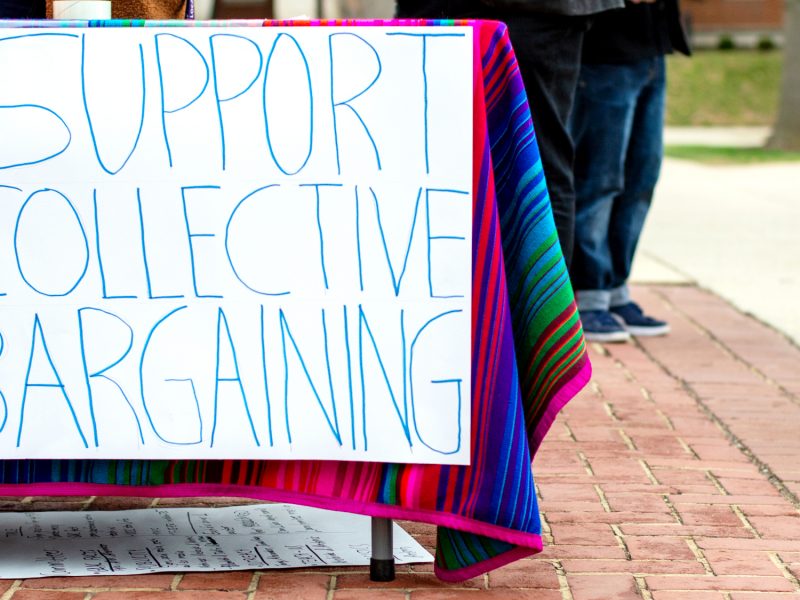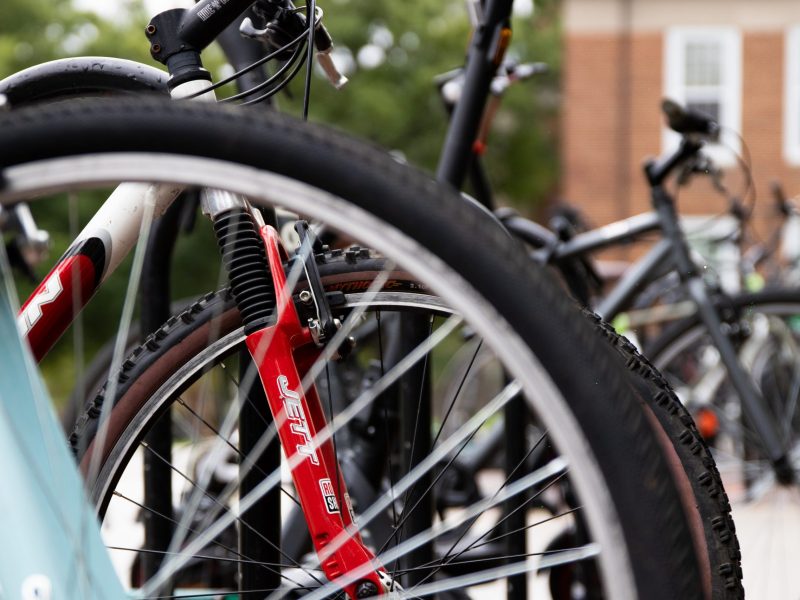By: Nicki Kruppa
What if we could all act that way toward the environment? Global warming is happening. The air is becoming warmer, the sea level is rising and the amount of carbon dioxide in the air is increasing, just to name a few symptoms. It is time to stop relying on others to change this crisis and time to become part of the change. It is understandable that saving the environment might not be on everyone’s minds when there are exams to study for and plans for the weekend to look forward to. But maybe there is a way to scientifically manipulate the brain so that people will be unselfishly concerned about the environment without even realizing it.
University of Zurich psychologist Grit Hein conducted a recent experiment to find different motives that would cause a person to act altruistically. It involved a participant seeing someone get shocked so the participant would feel bad for the other person receiving shocks (empathy). For the next part of the experiment, another participant would pay money to stop the shocks, so the participant would then pay too (reciprocity). Using dynamic causal modeling, a model that uses data from a functional MRI that measures brain activity (extraneous information) to infer hidden states of mind, the researcher team found that there was a distinction between how the brain communicates when there is empathy involved versus reciprocity. They saw that there’s a connection between different parts of the brain, such as the anterior cingulate cortex, which is both emotional and cognitive, the anterior insula, which is for emotion and self-awareness, and the ventral striatum, which is for motivation and reward. For the empathy network, they figured out that the ACC works with the AI, which are both emotion-based parts of the brain.
If someone can see something that is sad or makes them feel empathy toward something, there are sensory neurons responsible for transmitting things that you see into electrical impulses inside the brain. The cortico-ventral basal ganglia circuit, containing the ACC and VS, will then receive these impulses as processed sensory information, which can then activate the different parts of the brain that are responsible for emotion, such as the ACC and AI. They even found that the communication networks for empathy and reciprocity are different and that it is more common for someone to be motivated by empathy than to be motivated by reciprocity.
There are different ways this information will benefit the environment. Although this could prove controversial, with research and technology, scientists could have the capacity to develop a safe drug that can interact with or mimic the neurons that send sensory information to the emotional part of the brain. A possible benefit of this is that people would be automatically thinking in terms of saving the environment, instead of relying solely on empathy.
Another way is to create more advertisements and commercials that provoke your emotions or sympathy. If there are commercials that show people the damage they are doing to animals by littering, then maybe people will feel bad, and it will trigger an emotion when they see trash on the ground. If we can constantly use these types of marketing strategies to get people to become empathetic regarding the environment, then it will cause people to think in terms of how their actions will benefit others, instead of how they will impact themselves. Many people have the mindset that if they can’t see the result of their actions, then their actions don’t matter. However, there are many simple actions that can help the environment and promote change around the campus. Instead of driving to class, ride a bike or walk. Instead of drinking from a different water bottle every day, reuse one and refill it. These are all easy lifestyle changes, and once you adopt them, you won’t think about how much of an impact you are making on the Earth. Being green is easy, and hopefully one day, we can do it without even thinking about how it will benefit us.
Nicki Kruppa is a freshman cell biology and genetics major. She can be reached at nickikruppa@gmail.com.


